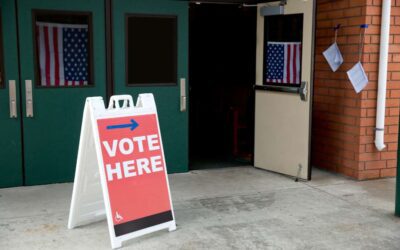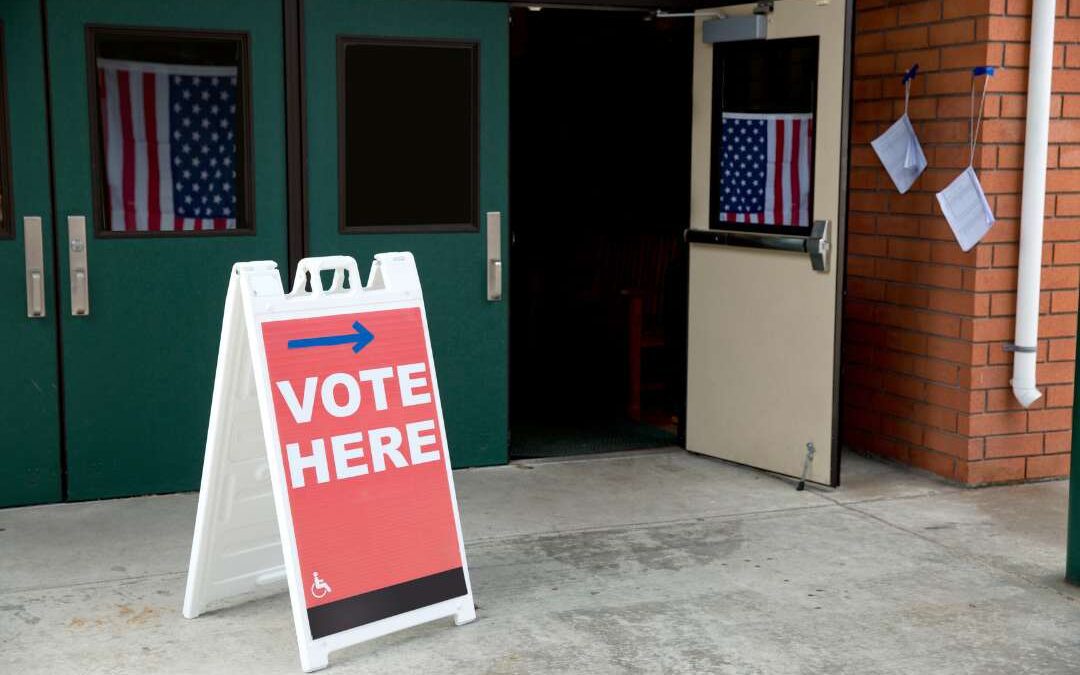A few years ago, I was listening to an interview with a woman where she has a Talk About Race and explained why integration didn’t work. She was a proponent of integration, but after surveying the state of education and the nation, she concluded that the experiment had failed in its primary goal—to achieve equality and justice for minority students. Sure, there are no visible barriers to black children attending school with white children like there were in my city at the infamous Central High School. Instead, she was getting at something deeper. The government stepped in because the fallen hearts of its citizens would not compel them towards unity, and as a result it didn’t work. All it did was drive racism further underground, further into the shadows, and further behind the facade of suburban, affluent life.
The impetus behind integration was right and necessary. But for Christians, we know that the law can’t save anyone (Romans 8:3). It couldn’t in Israel’s day and it can’t in ours. Law and government exist to execute justice, and they should. Laws also exist to expose the true nature of the human heart (Romans 7:7-25). We need such laws. As Dr. King said, “It may be true that the law cannot make a man love me, but it can stop him from lynching me, and I think that’s pretty important.” But ask a room full of parents, and they will tell you that rules and laws didn’t make their kids obey. It only revealed what was already there—a heart bent towards rebelling.
This is why integration caused riots in the South, and even in my own city of Little Rock. It exposed the wickedness of human hearts. It exposed what was already there. It exposed a problem that couldn’t be permanently fixed by legislation (though we absolutely should try to work for change from the top down). And over time, those same people who opposed the legislation found other ways to get around the law, leaving some to see integration as a failed experiment. We tried to change behavior by the law.
We tried to change minds by programming. And the majority culture church has largely been silent all throughout these struggles.
Except they haven’t.
There are rumblings among Christians that if we just preach the gospel then all of this talk about race is unnecessary. But history (and our present struggles in the education system, as just one example) remind us that the gospel actually compels us to talk about race. The finished work of Christ tells us that sin is real, injustice is all around us, and there is a living power that can defeat all of it.
Racism is the stain that our nation has tried to remove for decades, centuries even. We have made progress, which has not come without a cost. But many churches have failed to let the gospel speak with the power only Christ can proclaim. Instead of being the most powerful voice in the battle against racism, majority Christians are often the most silent, and that is killing our witness.
But what if we, compelled by the gospel, called sin for what it is? I’m not talking about a generic message that ignores the systemic injustice in our nation, committing the same errors of our forefathers and mothers. I’m talking about preaching the gospel, calling racism sin, calling sinners to repentance, and then leading them towards holiness in sanctification.
We know the gospel that unites all people through faith in Christ, regardless of ethnicity or socio-economic status. We need to remember that this gospel actually changes hearts and human behavior. I’ll be the first to admit, preaching that message terrifies me. It’s hard to call sin out, especially one as deeply ingrained as racism.
Christians should be the most ardent opponents of racism and ardent supporters of biblical justice. We hold the ultimate answer to the injustice of this world, and we do no favors to anyone when we abdicate responsibility for creating a more equitable society, and leave it up to those who have no hope for true transformation. Honestly, friends, what hope do we have against racism if we don’t preach the gospel that condemns it?
For too long, Christians have left this conversation up to others. But that has not served our unity, and it definitely has not served our brothers and sisters of color. There can be no lasting change without the gospel. But there can be no lasting change without first admitting that it was our sin that held Him there, even the sin of racism. We need to call it what it is, hold out the forgiveness that comes through Jesus, and trust that the gospel is enough for specific sins, even the ones that have controlled our society for centuries.
Prayer Requests:
- Pray for sensitive hearts to racist tendencies in your own mind and life. Then call it sin, repent, and ask God to give you renewed grace to walk by the Spirit.
- Pray for repentance among many believers, then pray for boldness to preach that Jesus saves.
- Pray that the stain of racism would be removed in our country by faithful Christians proclaiming the gospel, and then pray for healing and true reconciliation that comes from changed lives.











